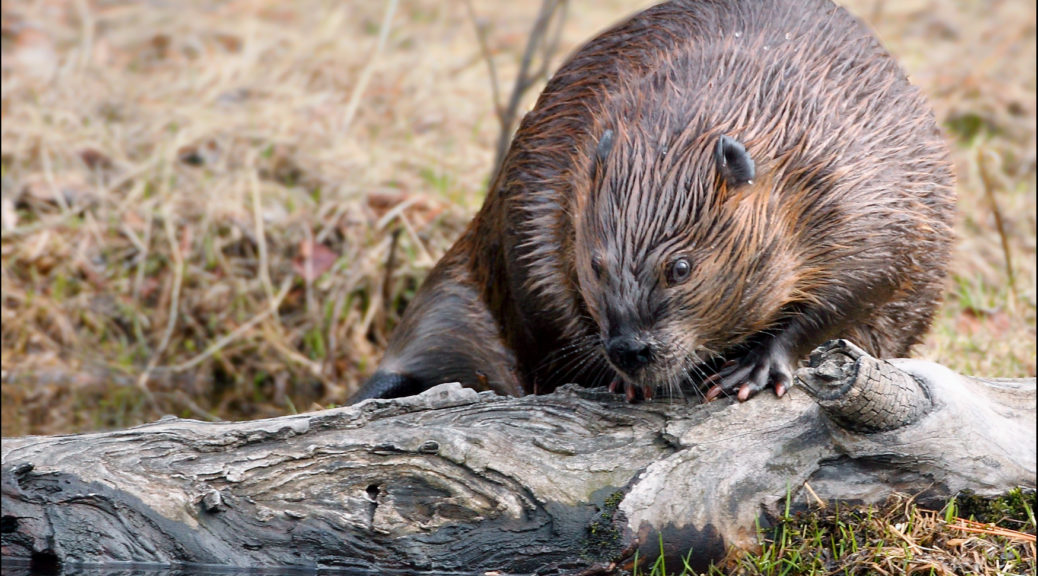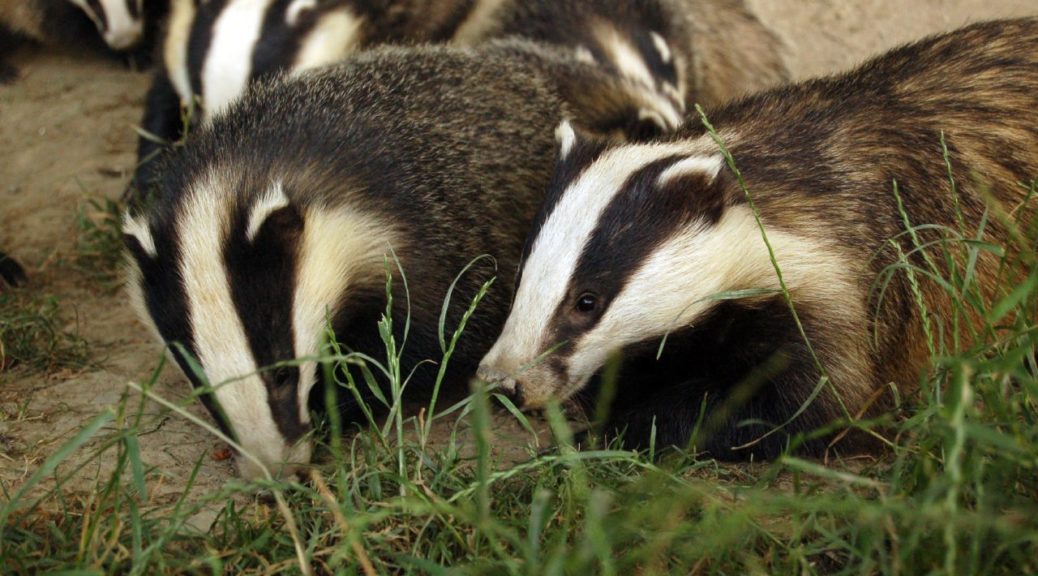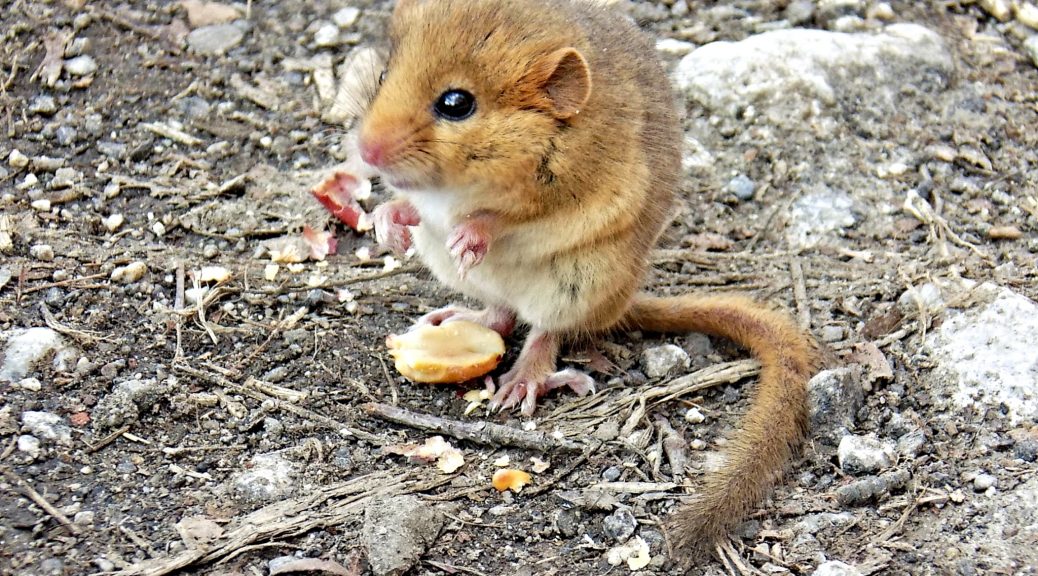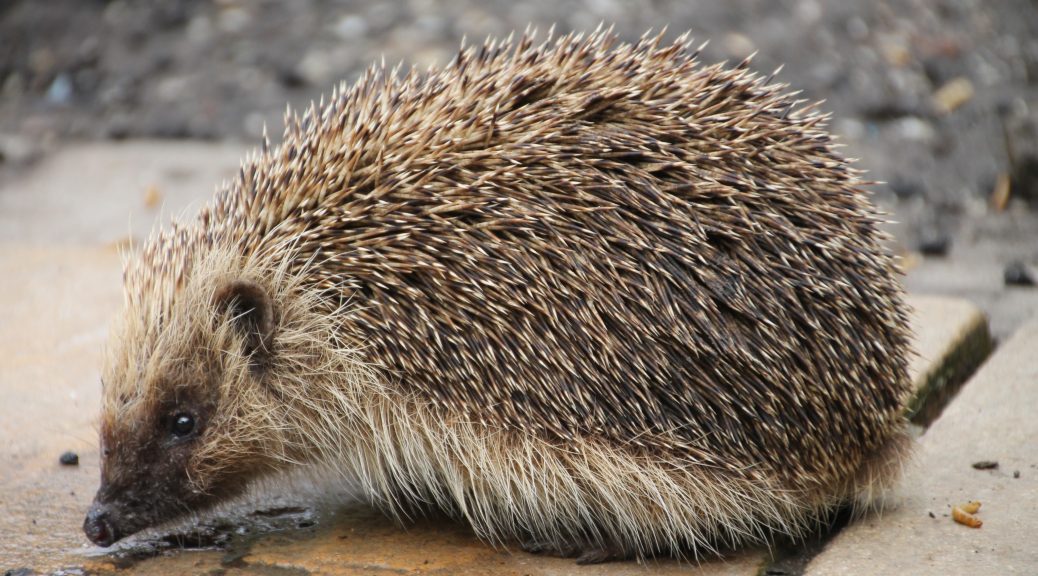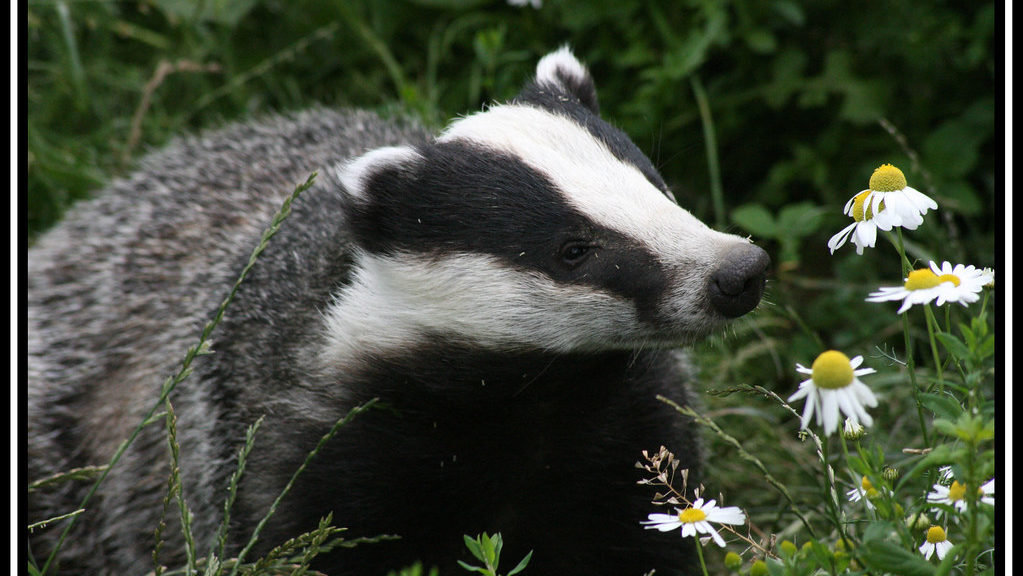The Guardian, The Times, and The Telegraph report three families of beavers are to be introduced on land managed by the National Trust as part of plans to ease flooding and improve biodiversity. Two Eurasian beaver families will be released next spring into enclosures at Holnicote estate on Exmoor, in Somerset, and another group will arrive at Valewood on the Black Down estate, on the border of West Sussex and Surrey.
Beavers were hunted to extinction 400 years ago in the UK for their fur, meat and scent glands. In recent years there has been a series of controlled reintroductions, including one by the government in the Forest of Dean, in Gloucestershire, as solutions are sought to tackle flooding.
Photo by Pat Gaines under Creative Commons.

